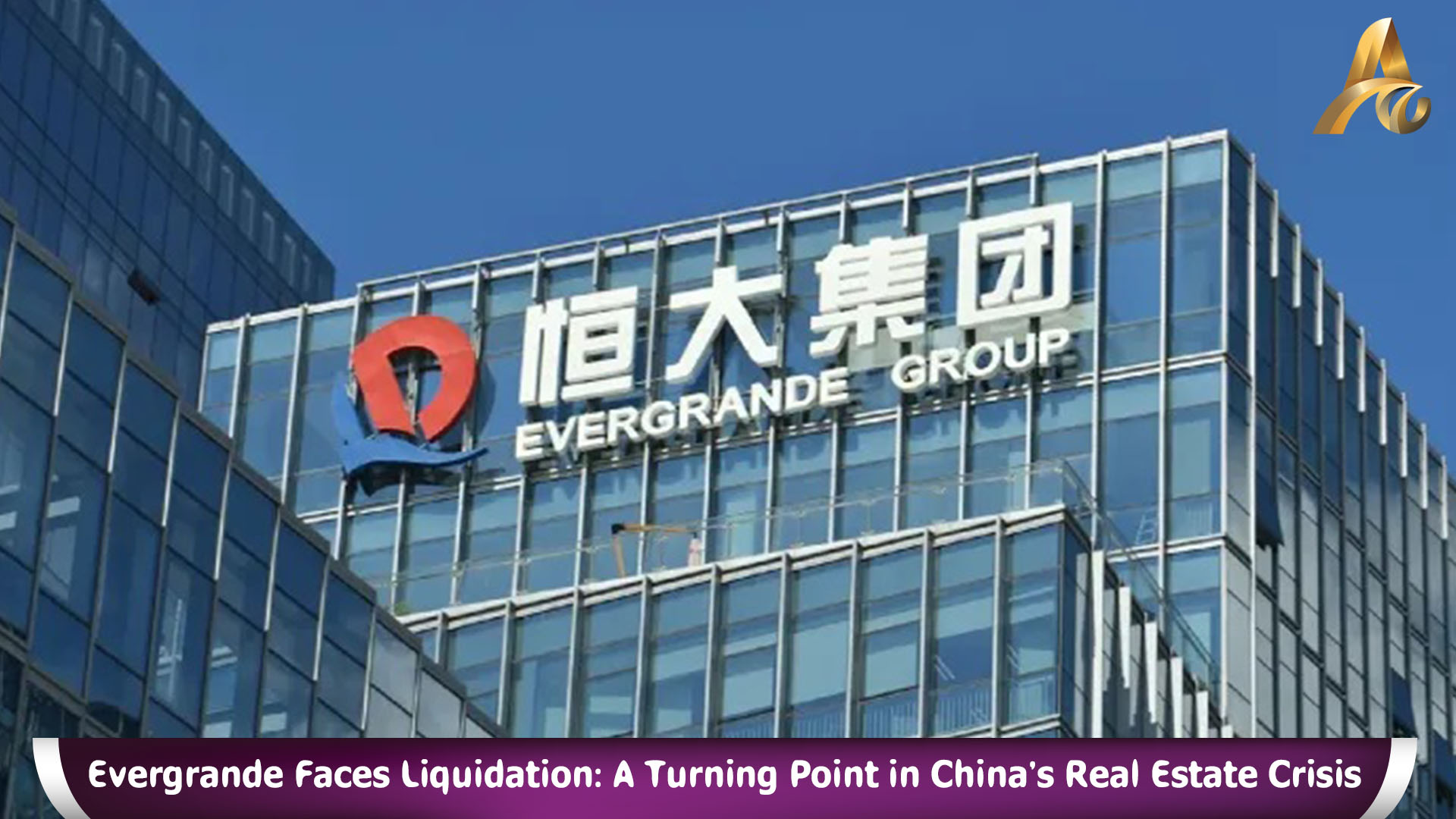In a dramatic turn of events, China Evergrande Group, once a titan in the Chinese real estate sector, saw its stocks plummet by 21% on Monday. This drastic drop brought the company's valuation down to a mere $275 million and prompted an immediate halt in trading following a Hong Kong court's liquidation order.
This liquidation order ushers in a new phase of uncertainty and power struggle. There is an impending clash between Hong Kong-based liquidators and onshore authorities, especially after a 2021 agreement with Chinese officials. The crux of the matter lies in the location of Evergrande’s assets, which are predominantly outside Hong Kong, giving Chinese authorities a possible edge in appointing their administrators.
Monday afternoon's proceedings are expected to be pivotal, with a hearing on a potential regulating order. Evergrande is reportedly set to unveil term sheets for a restructuring plan during this session.
Evergrande, the world's most indebted real estate developer, has been at the heart of China's unparalleled liquidity crisis in the property sector. This sector forms a substantial part of the country's economy, accounting for about a quarter of its GDP. The developer's financial woes, which became public in 2021, have led to a series of defaults on offshore debt by Evergrande and its peers. This has triggered fears of a domino effect potentially impacting the country's banking system.
The issuance of a liquidation order will see the appointment of a provisional liquidator, followed by an official liquidator. Their primary role will be to oversee the sale of the developer’s assets to settle its massive debts.
In a potential twist, the liquidators might propose a new debt restructuring plan to the offshore creditors, who collectively hold a staggering US$23 billion (S$30.8 billion) in Evergrande's debt. This plan hinges on the company's asset valuation or the emergence of a 'white knight' investor. Additionally, the liquidators are tasked with investigating the company's operations and reporting any suspected directorial misconduct to Hong Kong's legal authorities.
While Evergrande could challenge the liquidation order, the process would continue during the appeal.
The suspension of trading in Evergrande and its subsidiaries' shares follows the liquidation order, aligning with listing rules that mandate a company to have a viable business structure, operational capabilities, and sufficient asset values.
This development marks a bleak milestone for Hui Ka Yan's company, which defaulted on its debts over two years ago. It also represents a new chapter in China's ongoing housing market crisis, continuing to exert downward pressure on the nation's economic growth.























